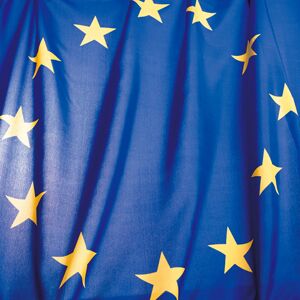
Bishops Want God in EU Anniversary Declaration
March 2007 marks the 50th anniversary of the Treaty of Rome, considered the birth of the European Union. To celebrate their Union’s birthday, European leaders plan to do what they love best: draft a statement and debate about how the text should read.
They should have plenty to debate. European bishops want the document to contain explicit references to God and Christianity. That proposal is likely to generate some argument, recalling the once-heated discussion about an even more significant document: the European Constitution, in which some tried and failed to include a reference to God.
The birthday document—called the Berlin Declaration—is to be signed during the six-month German presidency of the Union. This declaration, according to the Commission of the Bishops Conferences of the European Community, should reflect how the “Christian faith is the living source for [Europeans’] support of our common values and ambitions” and should be “inclusive enough not only to list the values and ambitions of the European Union but to reflect the religious and humanistic motivation of EU citizenship.”
The Catholic leaders correctly stated that “for many of [the EU’s] founders, the Christian imprint on the European project has been an indisputable fact.”
Not only was Europe’s version of Christianity fundamental to the founding of the EU, these religious principles will eventually play an equally important role in Europe’s achievement as a federalist superstate. Whether or not faith finds its way into official documents, watch for the Vatican to play an increasingly significant role in Europe’s political development—as it has done historically in the form of the Holy Roman Empire. In this unstable world, watch for Europeans to welcome Catholicism’s rally cries and unite under their “Christian” heritage.
For more on this heritage, see our booklet Germany and the Holy Roman Empire and our article “The Truth About Religion in Europe.”
